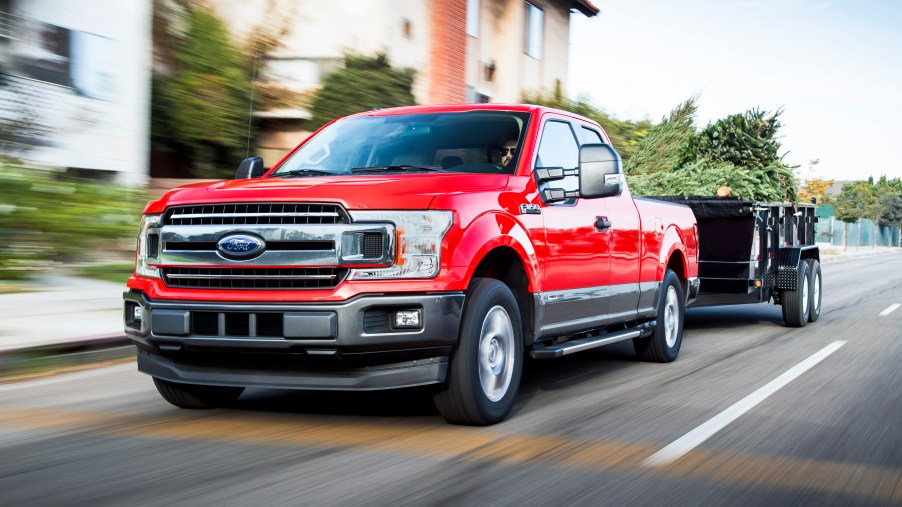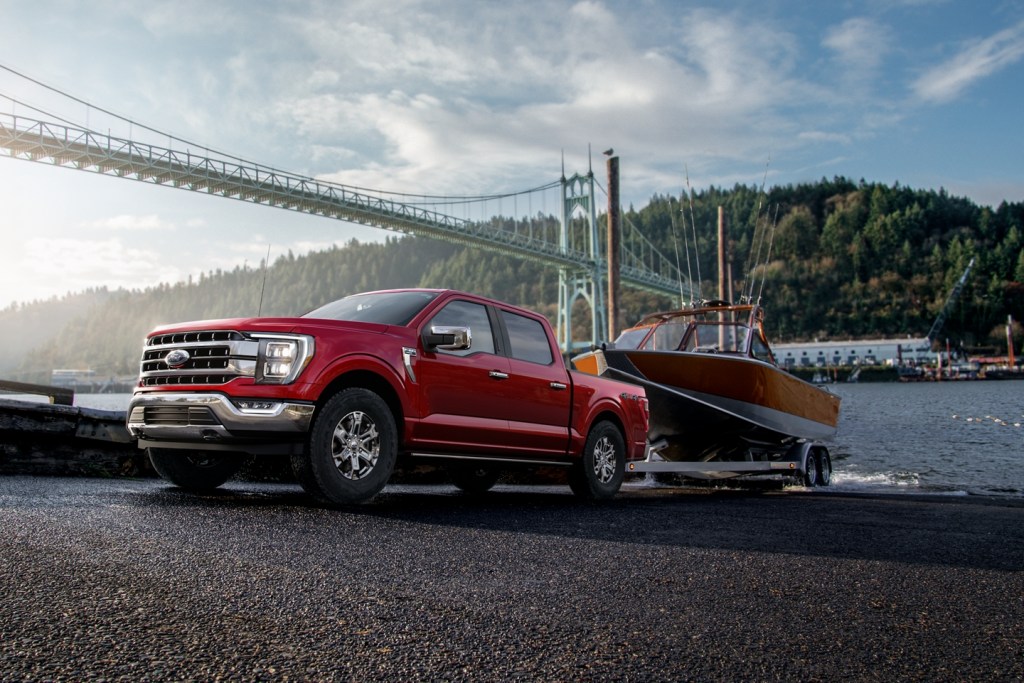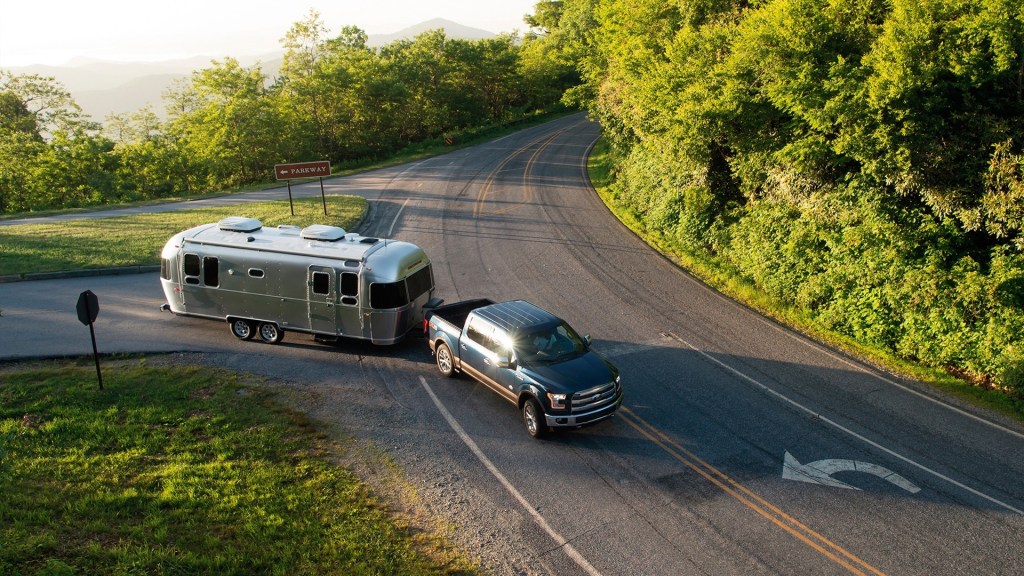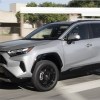
Ford F-150 Diesel and F-150 Hybrid Pros and Cons
Trucks, cars, bikes, and more are going hybrid. You name it, and it’s going hybrid. Even the Ford F-150 is going hybrid with its 2021 model. However, there is a massive resistance toward hybrid powertrains as heavy-duty haulers cling to their beloved diesel engines. So, is the Ford F-150 diesel or the hybrid Ford F-150 better?
The Ford Hybrid VS the Ford Diesel
Some people are against diesel trucks because of their carbon footprint. You can’t spell diesel without ‘die,’ but currently, the Ford F-150 diesel truck continues to meet current emission standards.

While diesel engines are supposed to be more fuel-efficient than gasoline engines, the fuel savings come at the expense of burning more oil. Burning diesel fuel burns results in about 20% more emissions and a 25% increase in fuel efficiency.
RELATED READ: The Electric Ford F-150 Isn’t Short on Power
However, with California wanting to begin converting all diesel trucks to zero-emission trucks by 2024, times are changing, forcing automakers to consider greener alternatives. The hybrid powertrain will be a fair option in the middle for those who don’t want to go with the fully electric F-150 EV.
Ford F-150 Diesel Benefits
The Ford F-150 offers a 3.0-liter power-stroke turbo diesel V6 engine that provides 250 horsepower and 440 lb-ft of torque. It can tow up to 11,400 lb with a payload of 2,020 lb. It’s the 3rd most powerful powertrain out of the six options that the 2020 Ford F-150 has to offer.
While the diesel engine seems similar to the gasoline options, they have different methods of combustion. Gas engines require air, fuel, and spark plugs to ignite the fuel, while diesel engines only require air combustion.
Diesel is also a more energy-dense fuel. So, it allows for more power to be utilized from a smaller amount of fuel, making it a more efficient engine. Also, diesel engines provide low-end torque characteristics better suited for heavy-duty towing and hauling.

For diesel engines to provide the most savings, they need to remain at constant speeds. They save the most fuel on the highway. When stopping a lot in the city, diesel engines can be a little sluggish. Also, less maintenance is generally required for diesel engines. On average, they last longer than gasoline engines.
Ford F-150 Hybrid Benefits
Hybrid engines are, of course, a great way to save the environment by reducing our footprint. However, they save fuel at constant highway speeds and in the city thanks to stop and go technology.
Also, the Hybrid Ford F-150 will take some expensive gasoline and diesel costs out of the equation, depending on how expensive they are to charge. One concern about hybrid trucks is charging them, but they can be charged at home, and more fast chargers are being built across the nation. Plus, you can also switch to gas while having a 23% increase in fuel efficiency.
Ford hasn’t released what the hybrid can do yet, but it should have plenty of low torque power. Based on the Ford Explorer Hybrid, the hybrid F-150 should be able to tow between 4,500 to 11,800 lb, which is only 10% less than what the 2020 Ford F-150 can do. Hybrid trucks may not be enemies, after all.



